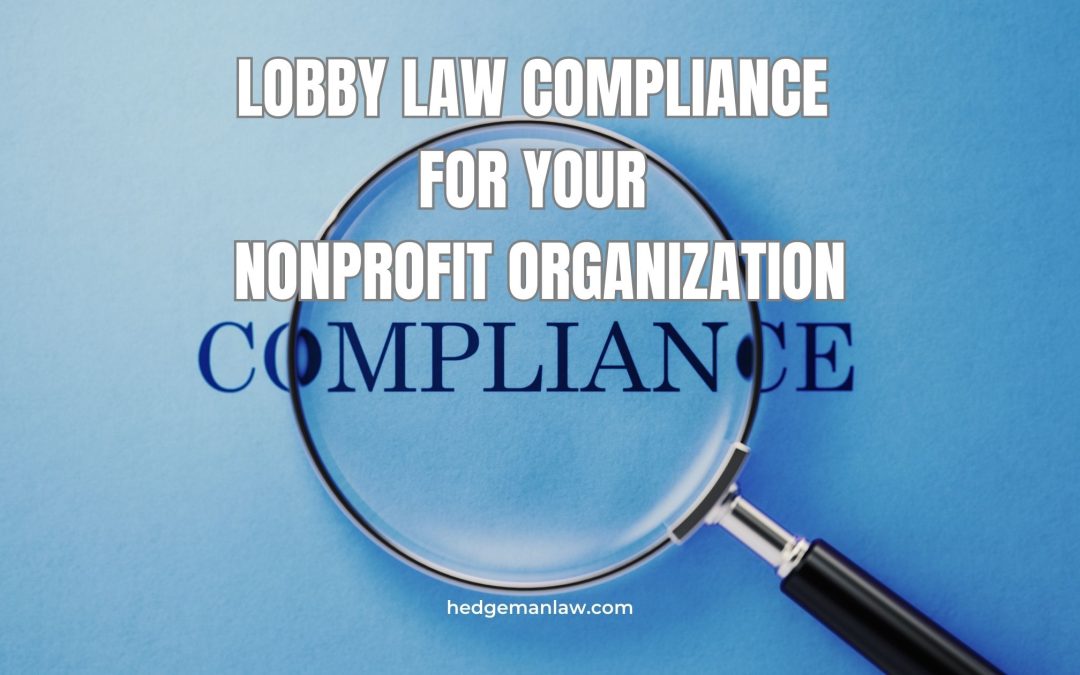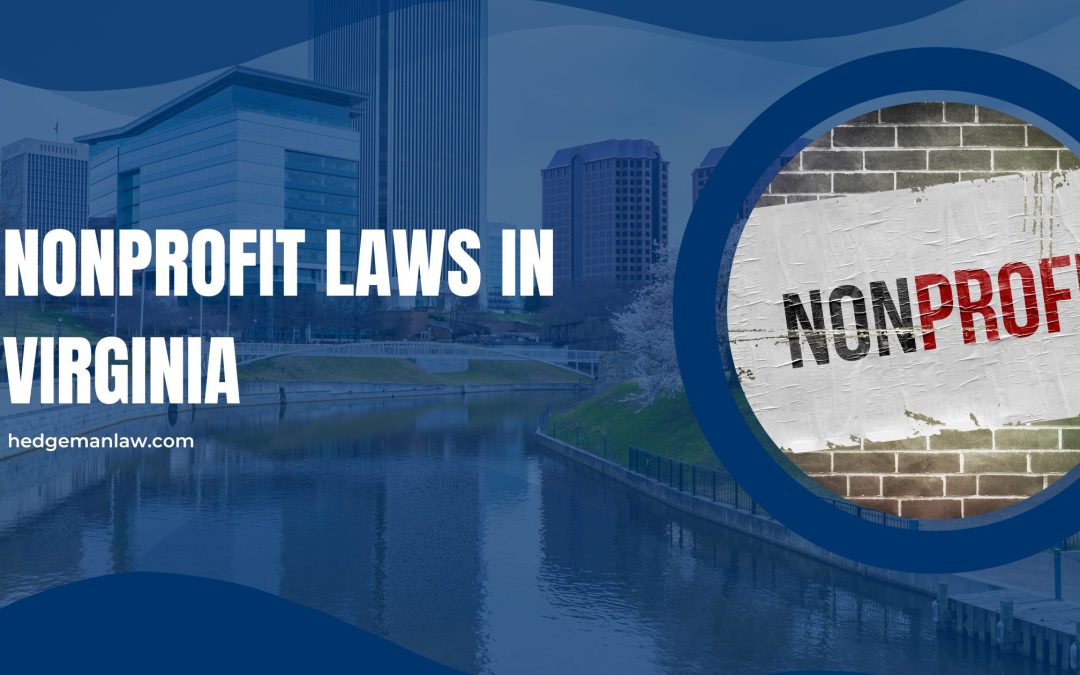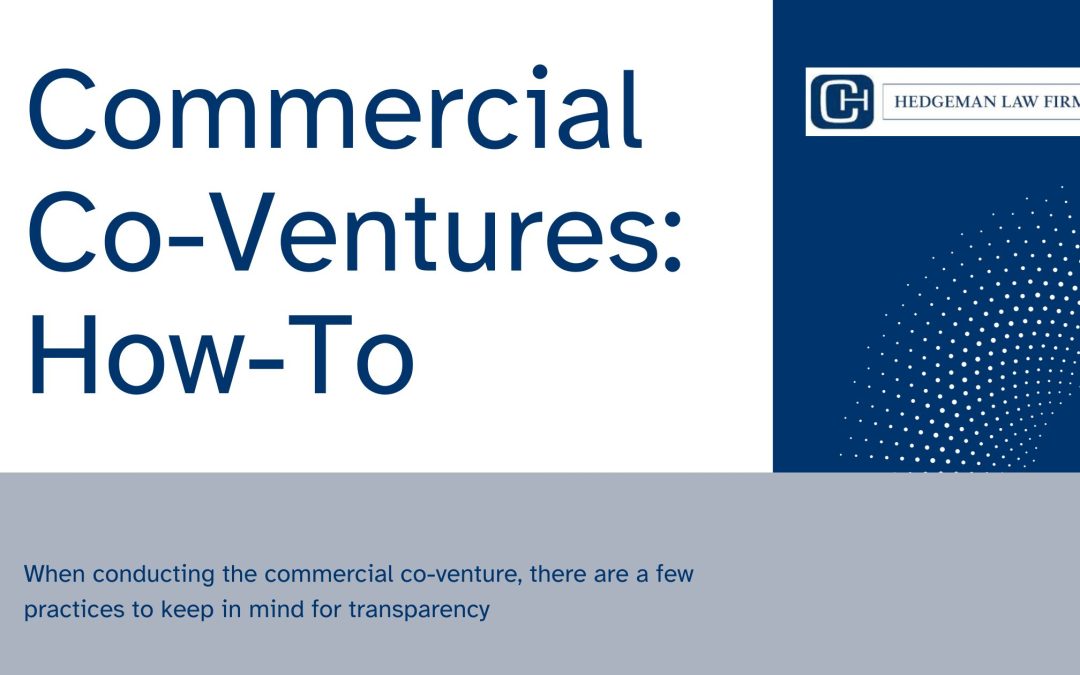Blog

Lobby Law Compliance for Your Nonprofit Organization
Lobbying is a valuable tool for nonprofits to influence public policy and advocate for causes that align with their mission. However, to maintain transparency, uphold your organization's reputation, and prevent potential legal issues, it's crucial to adhere to lobby...

A Guide to Commercial Real Estate Transactions
Commercial real estate transactions involve several critical steps, each contributing to the successful completion of the deal. These steps, namely Identification and Origination, Underwriting, Due Diligence, and Closing, require careful attention and proper...

Understanding The Limitations of Nonprofit Political Activity
As a nonprofit organization, engaging in political activities is a common and necessary practice. However, there are limitations that must be understood in order to avoid legal issues and penalties. In this article, we will explore the limitations of nonprofit...

Nonprofit Laws in Virginia
Organizations formed in Virginia to conduct business on a nonprofit or not-for-profit basis are usually formed as Virginia nonstock corporations. These corporations, which can, but are not required to, have members (i.e., a membership), do not have owners. When you...

Conflict Of Interest Policies Under the Not-for-Profit Corporation Law
This guide will assist nonprofits in implementing successful Conflict of Interest Policies. This guide reflects amendments to the Not-for-Profit Corporation Law (“N-PCL”) which became effective May 27, 2017. Why implement a Conflict of Interest Policy? A Conflict of...

Commercial Co-Ventures: How-To
Overview: Many nonprofits choose to team up with a for-profit business to benefit the charity while simultaneously promoting a product, service, or good that the business is selling. What is described here is known as a commercial co-venture. While this activity may...
Unrelated Business Income- What to be Aware of as a 501(c)(3) Organization
As a nonprofit corporation operating under §501(c)(3) of the Internal Revenue Code, maintaining tax-exempt status is a priority. However, a corporation may generate income from activities that are taxable. For example, a church may operate a theater for educational...
Required Disclosures and Duties Owed to Donors as a 501(c)(3) Organization
For nonprofit organizations operating under §501(c)(3) of the Internal Revenue Code, some records are open for public inspection. This includes: Annual returns for 3 years after the due date, such as Form 990 and 990-T. All Form 990 schedules, attachments, and...
Rehabilitating and developing New York’s blighted properties
Abandoned and deteriorated buildings can hold both despair and promise. While these blighted properties are only a shell of what they once were, there is still the possibility that they can support the city’s people again. It can be intimidating to think about the...
How can I position my business for success in 2022?
Start-ups offer entrepreneurs the chance to make their own way in a given marketplace. When well executed, this business endeavor can lead to financial independence and the ability to impact your community. But without proper planning, your business could be part of...
